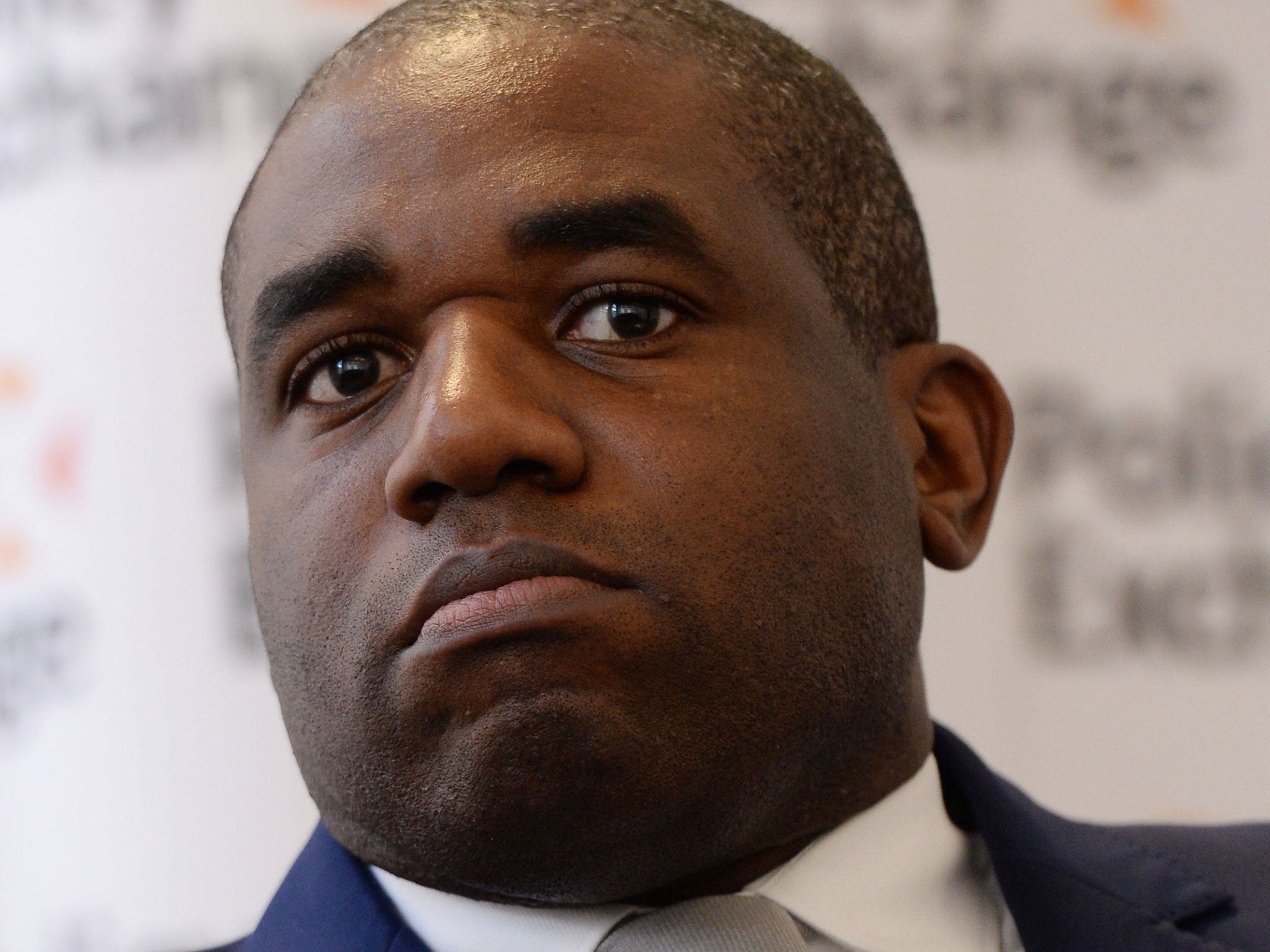Let me take a wild guess as to why Muslims are overrepresented in prison
We fall at the first hurdle if we accept, as the Lammy Review does, that the criminal justice system is set up to necessarily achieve justice


Labour MP David Lammy last week revealed the results of an independent review into the treatment of Black, Asian and Minority Ethnic (BAME) individuals in the criminal justice system. One of the most shocking findings was that Muslims account for 15 per cent of Britain’s prisoners – a 50 per cent increase since ten years ago – despite being under 5 per cent of its population.
The obvious question is “why?” Why the disproportionality? Why the rise? Well, the review already considered the answer on your mind: terrorism offences. But since only 175 convictions have taken place between 2001-2012 it perplexedly proclaimed, “we simply do not know” why Muslims are overrepresented in prison.
No worries Lammy and co – I have a few ideas that might explain how a population depicted as suspicious and criminal in Britain could end up being overrepresented in prison.
First off, we have to remember the point of prisons. We fall at the first hurdle if we accept, as the Lammy Review does, that the criminal justice system is set up to necessarily achieve justice. Prisons are historically part of a bigger system used by the state to control people and ignore social problems. We believe breaking the law makes someone a threat to us so we accept the idea that they should be imprisoned. However, we don’t hold all people equally accountable to all laws; for example, think about multinational tax-dodging corporations, or our relative complacency regarding the unlawful murders our country executes abroad. Prisons clearly don’t justly deal with all “criminals”. What about the use of prisons to deal with those who commit violent crimes, abuse and assault? Well, sure, prisons lock such people away, but in doing so they justify total inaction regarding actually dealing with the social problems that lead to violence. Prisons rarely offer quality rehabilitation; for example and they enable us to ignore and leave unaddressed the way we socialise people into particular ideas about control and/or masculinity through reinforcement that aggression grants power.
Is merely locking people up a way to actually ensure broader justice in society?

No. Clearly, crime is not the sole cause of or precursor to imprisonment. Instead, prisons often work to lock up and silence the people most affected by socio-economic and political problems that maybe even lead to the practices or survival techniques we classify as “crime”. By locking away such people governments can avoid addressing their role in these problems – historically the problems of marginalised black people. As the legendary black radical, Angela Davis said, “prisons do not disappear social problems, they disappear human beings.”
This is pertinent to Muslims since 46 per cent of them live in the 10% most deprived local authority districts in Britain today. Such realities create inter-generational cycles where people cannot accumulate enough economic or social capital to break out of poverty. Poverty impacts access to resources, school attainment, employment chances and likelihood of involvement in crime and therefore incarceration. Throw in the fact Muslims are often ethnic minorities and consistently stereotyped as criminals and terrorists and you begin to see why they provide a perfect example of the type of population that needs imprisoning – if you didn’t you would have to deal with deeply entrenched socioeconomic inequalities and structural racism and Islamophobia in this country.
Regarding Muslims in particular, imprisonment also provides an easy way for officials to avoid the inconvenience of investigating many potential “radicalisation” claims. Instead of wasting resources on what are often baseless allegations caused by fear-mongering and subsequent over-reporting, locking away the problem person on account of a minor charge is more straightforward. It also proves a brilliant way to deal with dissent – aka, don’t. Indeed, “signs of radicalisation” that one can be reported for include political activism and protest as many student societies have learnt.
Ultimately, if 15 per cent of the UK’s prison population is Muslim this tells us less about anything “innate” in Muslims and more about the British state. That such a disproportionate percentage of Muslims have to be locked up to control them and deflect from socioeconomic and political problems says a lot about the fragility of the state and its fear of being held accountable.
If you keep a population poor, deny them opportunities to educationally or financially exit that poverty, ignore structural inequality, racially profile them and tell the rest of the population to be suspicious of them, then there’s your answer – there’s no excuse for “simply not knowing” why Muslims are overrepresented in prison.
A version of this piece originally appeared on The Brown Hijabi
Join our commenting forum
Join thought-provoking conversations, follow other Independent readers and see their replies
Comments
Bookmark popover
Removed from bookmarks